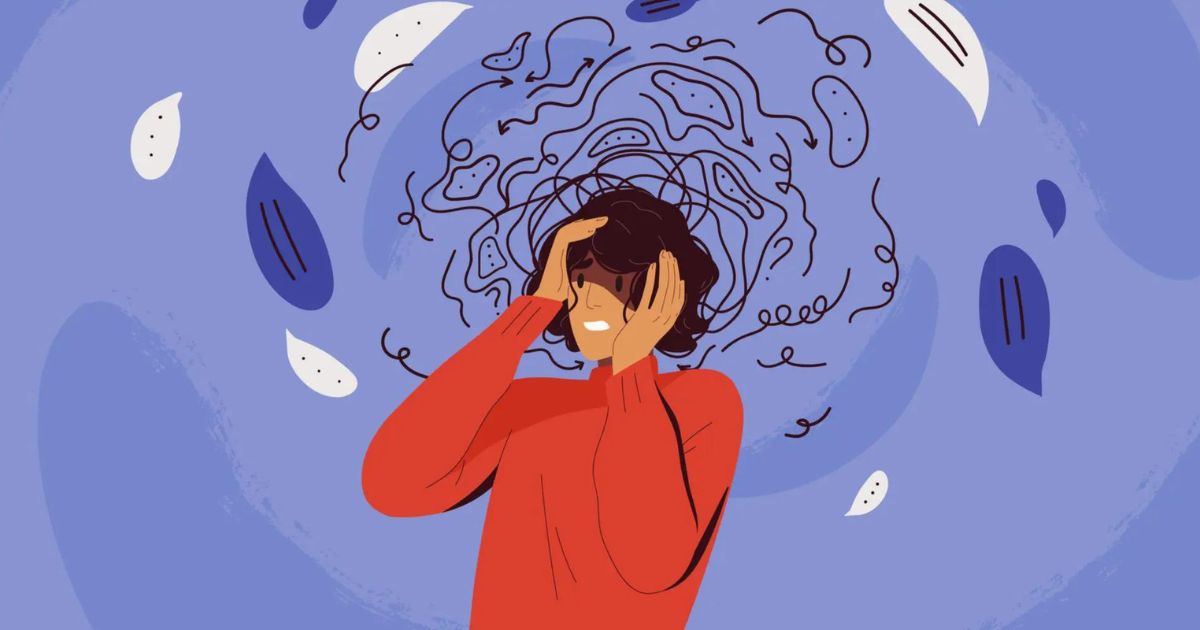In the world of mental health, fear and anxiety are often viewed as conditions to be treated. However, recent research suggests that there’s more to these emotions than meets the eye. In fact, fear and anxiety can be beneficial in certain situations. Let’s delve into the inner workings of the brain to understand what causes fear and anxiety, and how they serve us.
The Brain’s Response to Fear and Anxiety
The brain’s response to fear and anxiety is a complex interplay of neural circuits and regions. While they are often associated with negative experiences, both emotions have evolutionary roots that served our ancestors well.
Fear, for instance, is a direct response to an immediate threat. It’s the rush of adrenaline you feel when you see a gun pointed at you, prompting you to take swift action to ensure your safety. This primal reaction is hardwired into our biology and has been crucial for our survival throughout history.
On the other hand, anxiety is a more general apprehension about potential threats. It’s the unease you might feel when you suspect that someone in your neighborhood could be carrying a gun. Although less immediate, anxiety keeps us vigilant and prepared for various scenarios.
Key Players in Fear and Anxiety
Within the intricate neural landscape of the brain, several regions play pivotal roles in the experience of fear and anxiety.
The Amygdala: Located in the temporal lobe near our ears, the amygdala is an almond-shaped structure responsible for assessing the emotional relevance of our perceptions.
When we encounter a predator or an alarmed or angry face, the amygdala springs into action, triggering the sympathetic nervous system’s “fight-or-flight” response. This leads to a racing heart, rapid breathing, dilated pupils, and heightened muscle alertness.
The Hippocampus: Situated adjacent to the amygdala, the hippocampus assists in learning and memory processes, helping us discern what is dangerous from what is safe.
It also provides context to our fears. For example, if we spot a lion in the African Sahara, the hippocampus confirms that fleeing is the right response.
But if we’re at a zoo, separated from the lion by bars and a sign stating that it’s a controlled environment, the hippocampus tempers the fear response, allowing us to feel safe.
These two brain regions work in harmony to help us navigate the world around us, assessing threats and determining the appropriate response.
While fear and anxiety are often seen as negative emotions, there are situations where they can be beneficial. When harnessed correctly, they can serve as powerful tools.
- Fear’s Protective Role: Fear’s primary function is to protect us from immediate harm. It has been vital throughout human history, enabling us to react swiftly in life-threatening situations. This primal instinct can save lives.
- Anxiety’s Preventative Vigilance: Anxiety, although less urgent, keeps us alert to potential threats. It encourages us to prepare for various scenarios and consider potential risks, ultimately fostering a state of readiness.
By understanding the brain’s intricate response to fear and anxiety, we gain insights into the complex interplay of these emotions in our lives. They aren’t just afflictions to be managed but rather tools we can employ to navigate a sometimes unpredictable world.
In conclusion, fear and anxiety, while often perceived as negative, are integral components of our mental and emotional landscape. These emotions are deeply rooted in our evolutionary history and serve a purpose in keeping us safe and prepared.
The brain’s amygdala and hippocampus play essential roles in processing fear and anxiety, helping us respond appropriately to different situations.
Understanding the benefits of fear and anxiety can lead to a more comprehensive perspective on these emotions, highlighting their importance in our daily lives.



